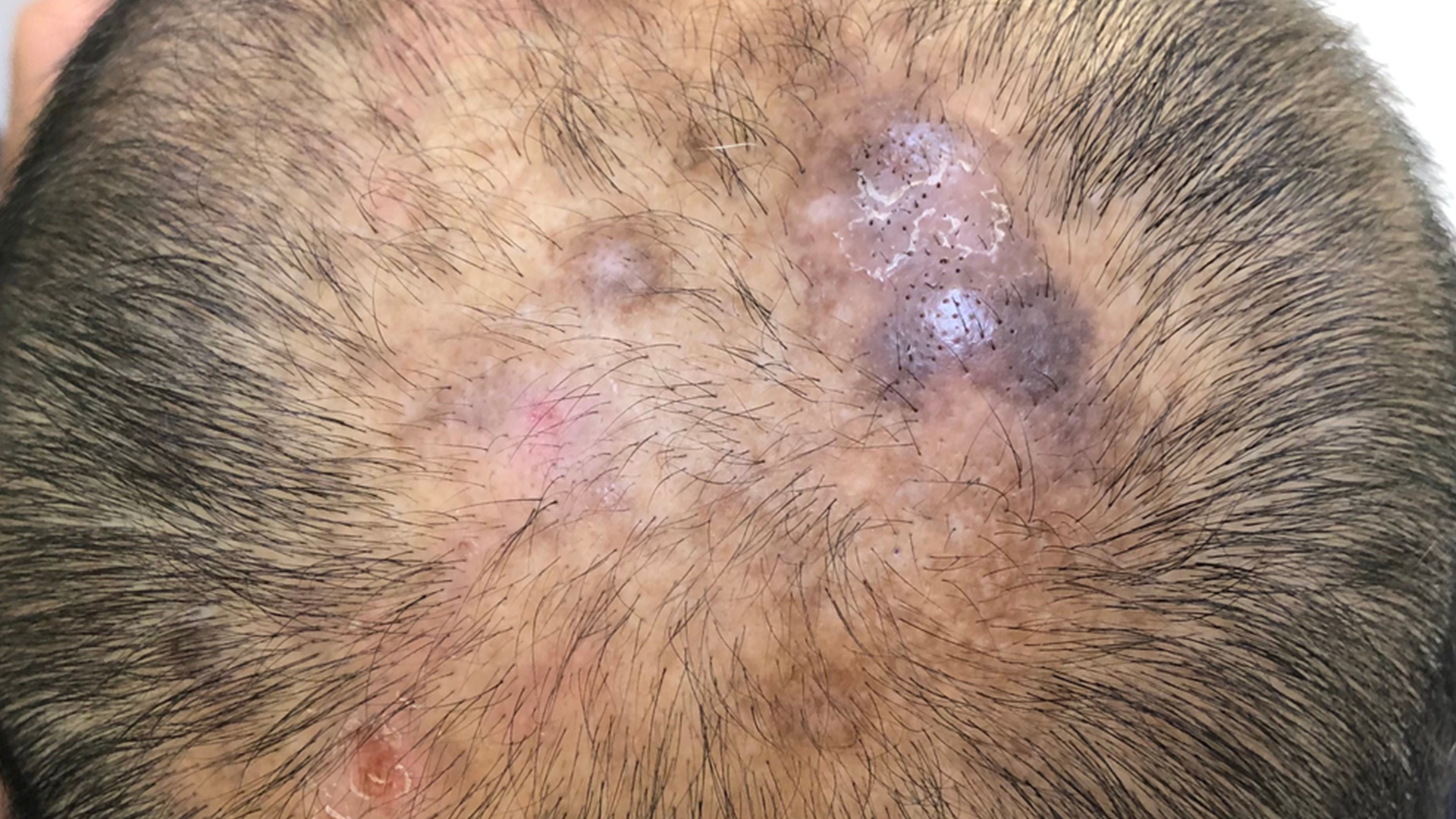Scarring Alopecia in Veterans: How Military Service Contributes to Hair Loss

Table of Content
- Introduction
- What Is Scarring Alopecia?
- Causes of Scarring Alopecia in Veterans
- Symptoms of Scarring Alopecia
- Pros and Cons of Scarring Alopecia
- Treatments for Scarring Alopecia in Veterans
- Conclusion
- FAQs
Summary
Scarring alopecia is a disease in veterans that causes them to lose their hair permanently because of things that happened in the military. This blog discusses about what causes hair loss, how to treat it, and how being in the military can affect hair loss. A full table of pros and cons helps veterans understand the pros and cons of the treatments that are available.
Introduction
Some people lose their hair for good because they damage their hair cells, which is known as scarring alopecia. Veterans can lose their hair for several reasons connected to their service, such as high stress, exposure to harmful environments, or accidents. Veterans can better handle this disease if they know what causes it and how to treat it.
What Is Scarring Alopecia?
Scarring alopecia, also called cicatricial alopecia, happens when inflammation or stress harms hair cells in a way that can't be fixed, leading to lifelong hair loss. Based on what's causing it, the disease may start slowly or quickly. If the glands are damaged, hair won't grow back in those places.
Causes of Scarring Alopecia in Veterans
Scarring alopecia in veterans can be caused by several different things. Some of these are:
- Physical injuries: When you injure your skin, you can damage the hair cells, which can cause scars and alopecia. This can happen because of an accident, a burn, or an injury from a battle.
- Infections: Infections of the head can also damage the hair cells and cause baldness with scars. Bugs, fungi, or viruses can make this happen.
- Autoimmune diseases: When you have an autoimmune disease, your body's immune system attacks good cells. This can damage the hair cells and cause baldness with scars. Lupus, psoriasis, and lichen planus are all autoimmune diseases that can lead to scarring baldness.
- Stress: Scarring baldness can also be caused by the stress of being in the military. Stress can lower the immune system, which makes the body more likely to get illnesses and inflammatory diseases.
Symptoms of Scarring Alopecia
The signs of scarring alopecia can be different based on what's causing it. On the other hand, most people with scarring alopecia will:
- A lot of the time, hair loss starts with small spots on the head. Over time, these spots might get bigger.
- Itching and burning may happen on the head.
- The skin might feel sore when you touch it.
- Alopecia that leaves scars can be painful in some cases.
- When hair cells get damaged, scar tissue grows in their place. This might make the head feel rough and hard.
Pros and Cons of Scarring Alopecia
|
Pros |
Cons |
|
Early diagnosis prevents further damage. |
Difficult to identify in early stages. |
|
Treatments slow progression and manage symptoms. |
No cure for permanent hair regrowth. |
|
Veterans can receive VA health care support. |
|
|
Managing symptoms can improve self-esteem. |
|
Treatments for Scarring Alopecia in Veterans
Scarring from alopecia is permanent, but there are ways to treat the signs and stop more damage from happening. Some treatment options are:
- Medications: Corticosteroids and anti-inflammatory drugs can help lessen swelling on the scalp.
- Surgical Treatments: You might be able to get hair transplant surgery, but only if the area is steady.
- Scalp Care: Taking care of your hair gently can stop it from getting worse.
Veterans can get personalized treatment choices by talking to their VA health care provider.
Conclusion
Scarring alopecia is a type of hair loss that can be brought on by an accident, an illness, or an autoimmune disease. Because of the physical and mental stresses of military service, veterans are more likely to get scarred baldness. When you start to lose your hair, you should see a doctor to find out what's wrong. Several methods can help make the hair and skin look better.
FAQs
Can scarring alopecia be reversed?
No, hair loss is permanent once the hair cells are damaged. Treatments, on the other hand, can control the disease.
Is scarring alopecia common in veterans?
Veterans who have been in harsh settings or who have been through traumatic events may be more likely to get it.
Does stress contribute to scarring alopecia?
Yes, PTSD and high amounts of worry can make hair loss worse, including scarred alopecia.

